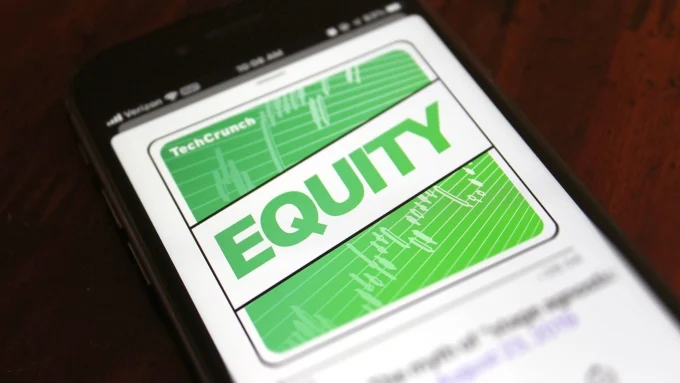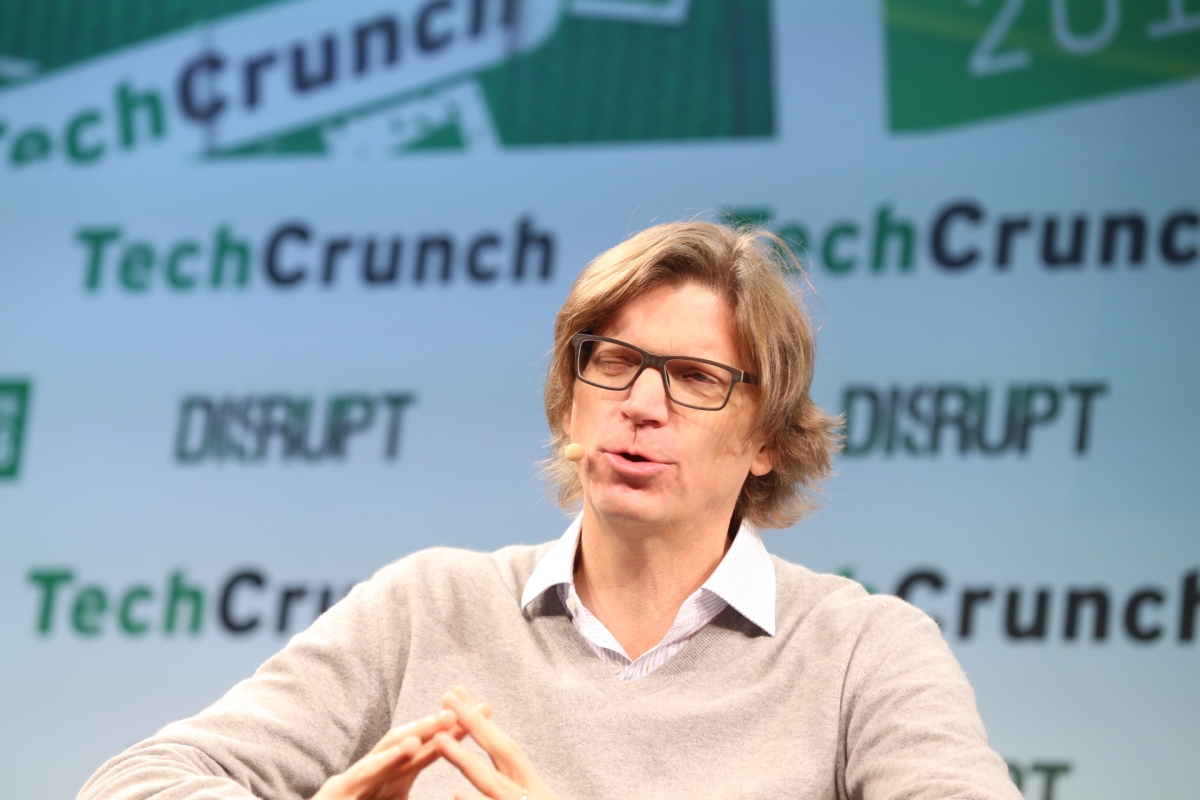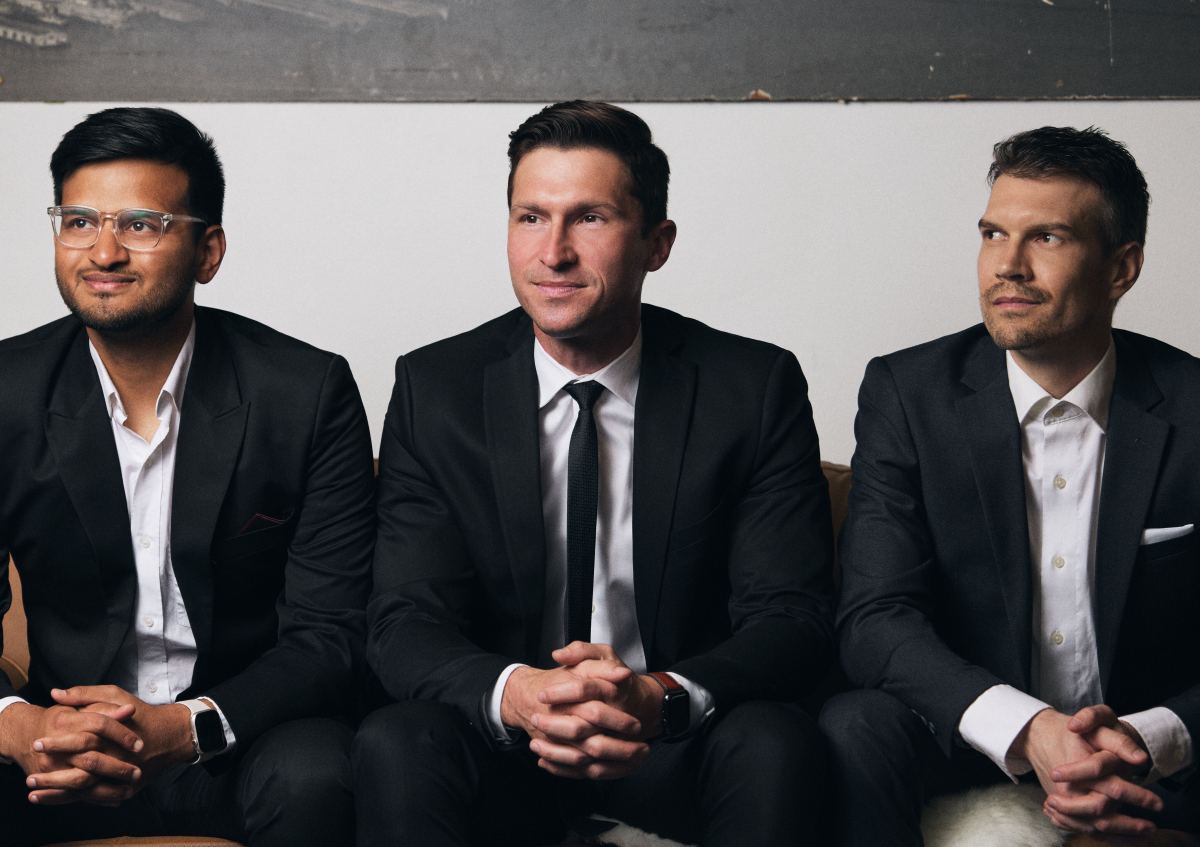Back in April 8, 2021 Index Ventures, one of the very few ‘original gangsters’ of the European VC scene, said it was kind’ve going ‘back to its roots’. It announced the launch of a new $200 million dedicated seed investing vehicle dubbed ‘Index Origin’. Now, if you cast your minds back, this was during the white-heat tech bull run of last year when valuations hit the roof and startups rarely wanted for funding. Therefore, Index’s new fund name thus paid homage to the firm’s origins as a seed fund, given that in the past it had backed companies like Robinhood, Figma, Deliveroo and Wise, all at the seed stage. During the last few years – despite the pandemic, and in some ways because of it – there was a great deal of competition for cap tables at the earliest stages of startups. But with a global recession looming in the next year, a Crypto ‘nuclear winter’, and external factors like the war in Ukraine, you might think that investors like Index would be drawing in their horns. Not so. Perhaps harking back to the age-old view that the best startups are born counter-cyclically, Index is today upping-the-anti with a second “Origin Fund” which will be a $300 million Seed fund, Yes folks, that’s $100m larger than Origin I last year. With Index Origin II, Index is now investing from three funds totalling $3.2bn. Index’s other funds include early-stage fund Index Ventures XI ($900m), and growth fund Index Ventures Growth VI ($2bn). That means 75% of Index’s initial investments are Seed or Series A. The new Origin fund also appears – not unexpectedly – to be geared to the more modern environment where co-funding for startups can also come from such disparate sources as solo GPs, Angels and many current or exited entrepreneurs. Index says it hopes to repeat the success entrepreneurs such Dylan Field, for whom Index wrote his first check. As an example, Index is banking on the Macro economic downturn producing the next Airbnb, Adyen, Slack, Skype, Google and Spotify — all of those new born during wider economic slumps. It therefore plans to invest in any vertical of interest and in any geography (primarily the United States and Europe, although it’s not explicitly limited to those markets). I asked, why double-down on early stage for Index Ventures? Nina Achadjian, Index Partner based in SF told me via email: “Throughout our experience as early stage investors, we realized that there’s a need for a different kind of early stage fund. Entrepreneurs have long told us that at seed stage, they have been split between choosing well-established investors that have large resources and a big network and seed funds that only focus on seed stage.” The idea, she said, is to combine those two approaches: “With Index Origin, we wanted to make it possible for founders to get the best of both worlds – the resources they need to grow fast, combined with the early-stage expertise and hands on approach. We know it takes a village, which is why we take a collaborative approach at seed investing. We proactively bring in seed funds, solo GPs and angels to co-invest with us so that together we can provide entrepreneurs with the best possible support network and chance of success.” However, why raise a bigger fund than the previous one? “The strategy we took with Origin I when it launched last year has resonated really well with founders. Having invested in 32 companies since its launch, we decided to raise a new fund and increase the size to build on this momentum,” said Achadjian. How did Index find it raise money in this ‘downturn’ environment? Danny Rimer, Partner based in London said, (also via email): “Index is all about conviction. As a result of keeping the main thing the main thing, we’ve taken a very contrarian approach when it comes to investing in crypto and China, and so, unlike our peers, we haven’t invested in these areas. Additionally, LPs really understand the value proposition of Index Origin as a fund that offers the best of both worlds to entrepreneurs.” Is Index seeing more angels and former Entrepreneur/operators, in seed rounds in Europe and the US? “We see more experienced angels joining rounds across all geographies, and that’s a good thing. Building a company requires different expertise, and having angels of different backgrounds is a significant advantage. It’s why we’ve set up Origin II as a highly collaborative fund that’s open to working with seed funds, solo GPs and angels,” said Rimer. How is the early stage environment in the US? And in Europe? What is your prediction for next year? Rimer added: “Unlike the growth stages, where investment pace has slowed down dramatically, at early stages we are seeing healthy activity in all of our regions. In terms of areas of focus, we continue to double down on our core areas including games, marketplaces, enterprise/cloud/SaaS and vertical SaaS, AI, security, fintech & open source.” Does Index plan to do any crypto investments out of this new fund? Rimer: “I wouldn’t rule that out, but as I wrote recently, for us, the lion share of companies we’ve seen up to now in this sector are not ones we would invest in. We see blockchain for what it is: a powerful new technology, but not the new internet. Our hope is that given everything that has happened to this sector this past year, we will focus on companies that want to build real value for users, solving a real pain point rather than something speculative in nature.” In the last few months Index expanded with office opening in New York and hired a new partner in Tel Aviv.









